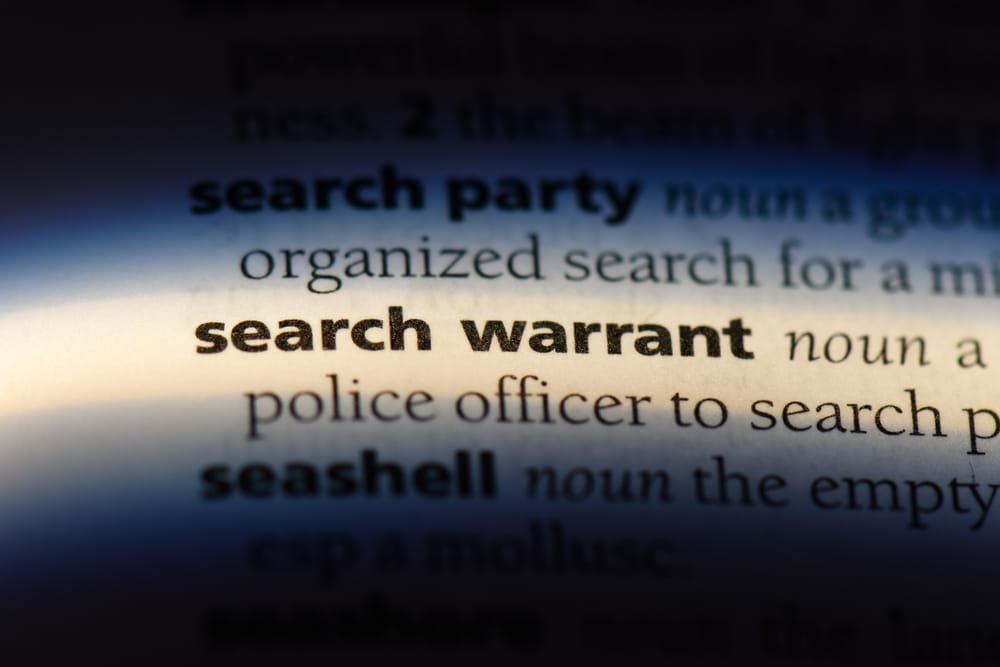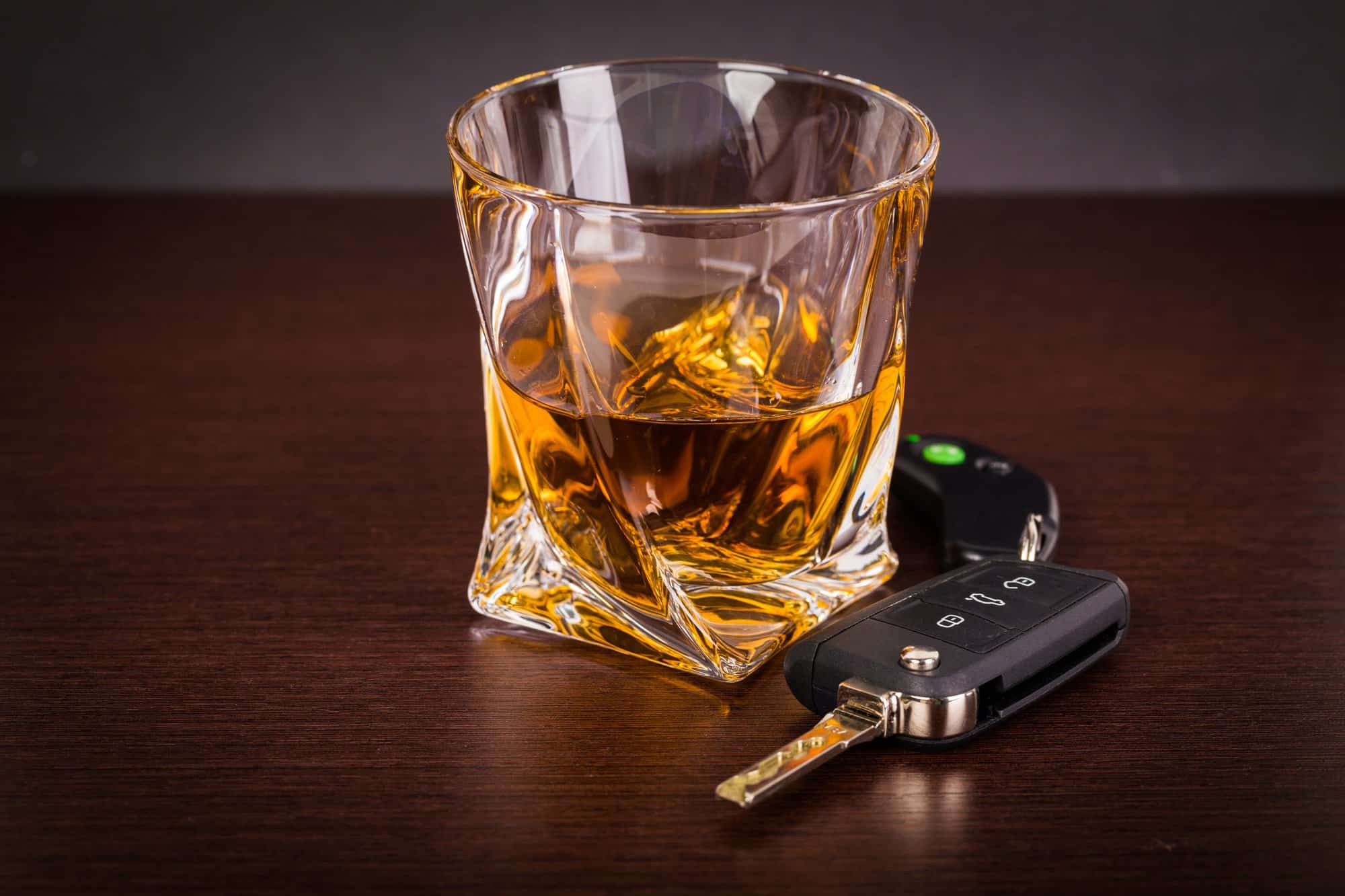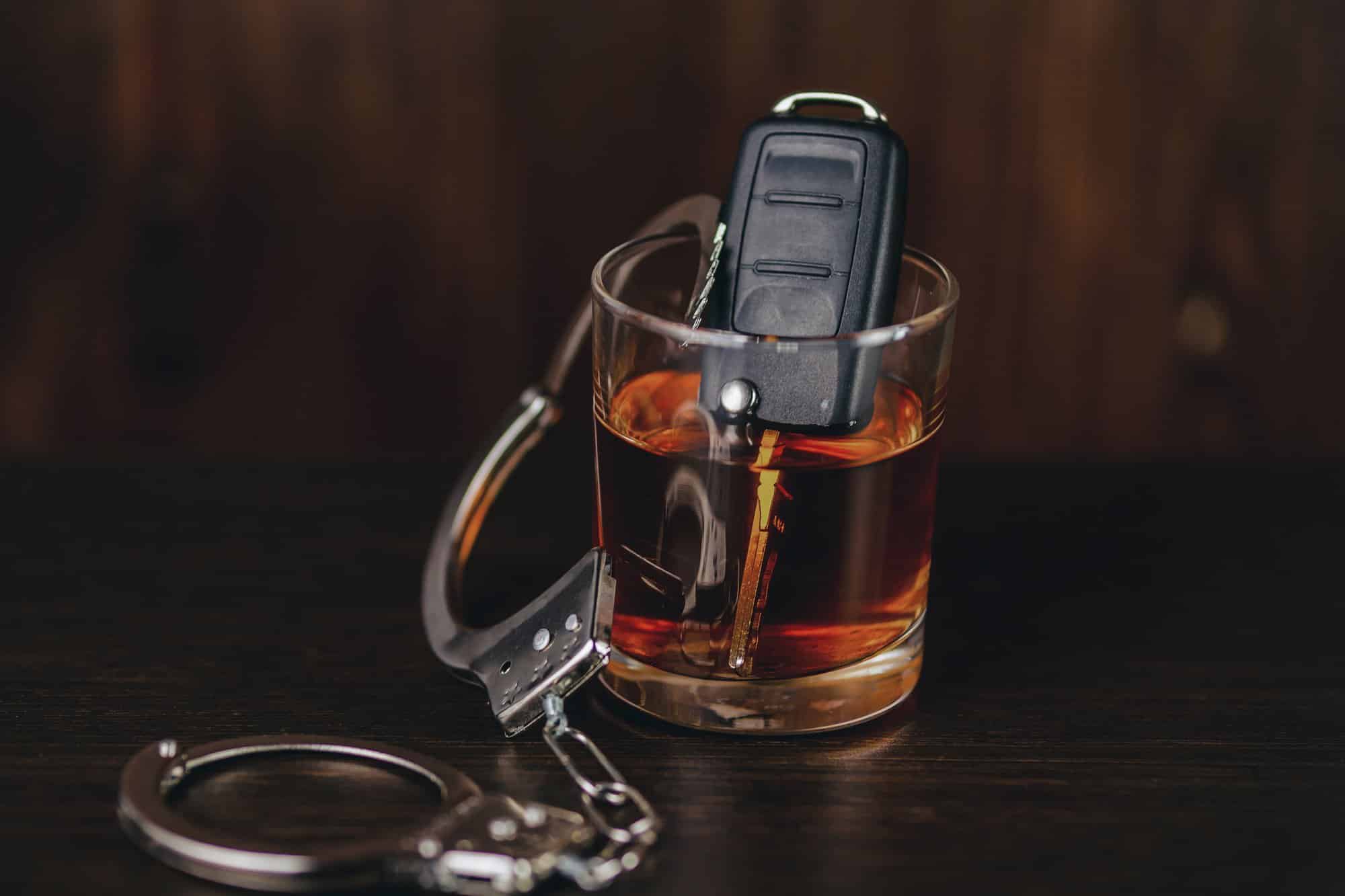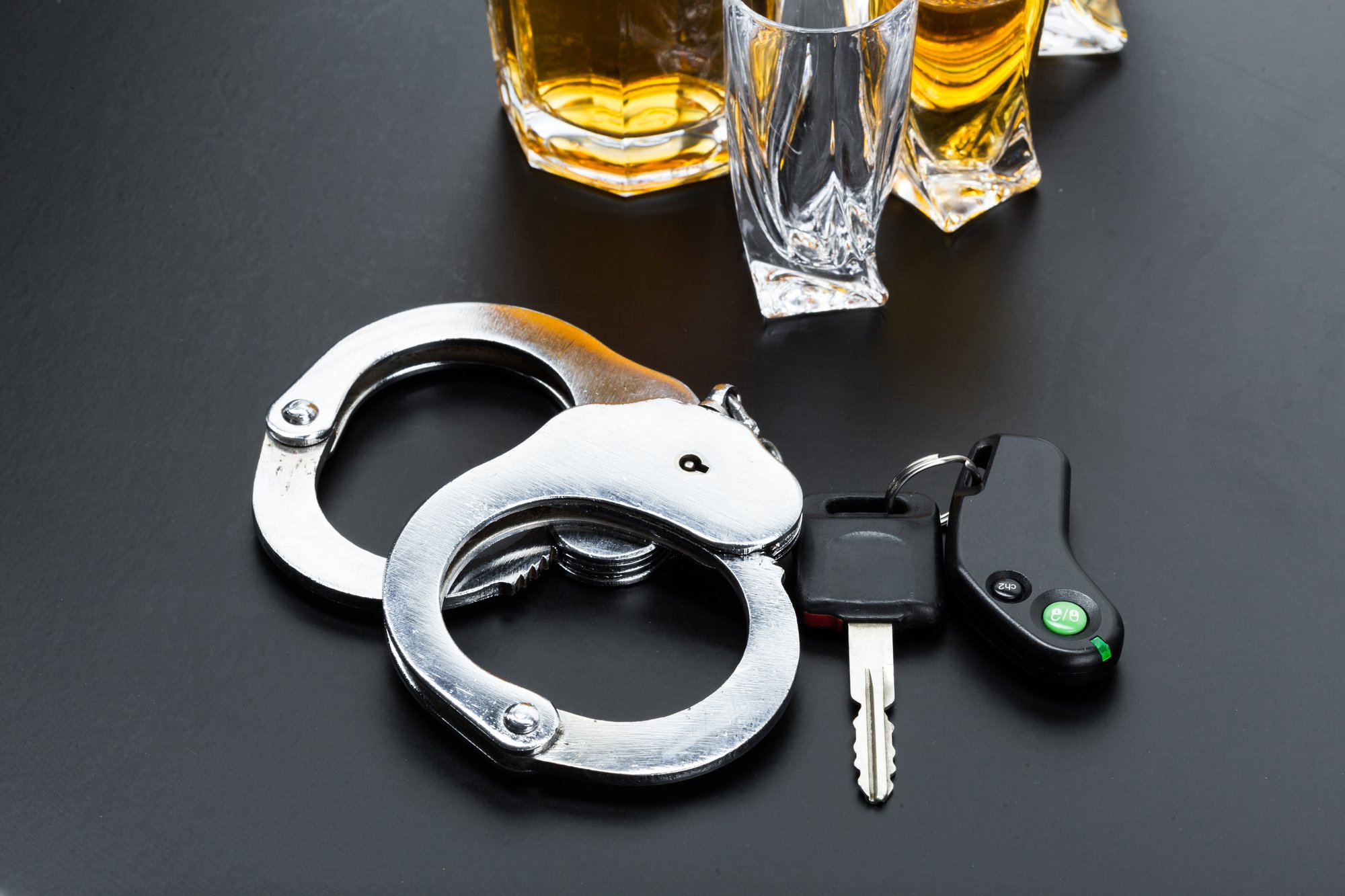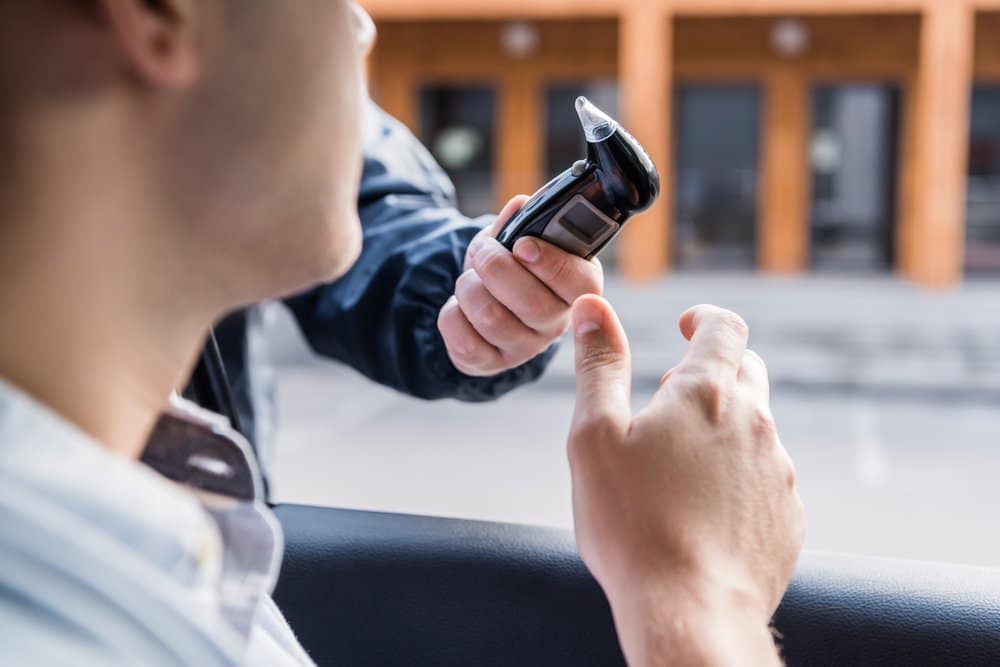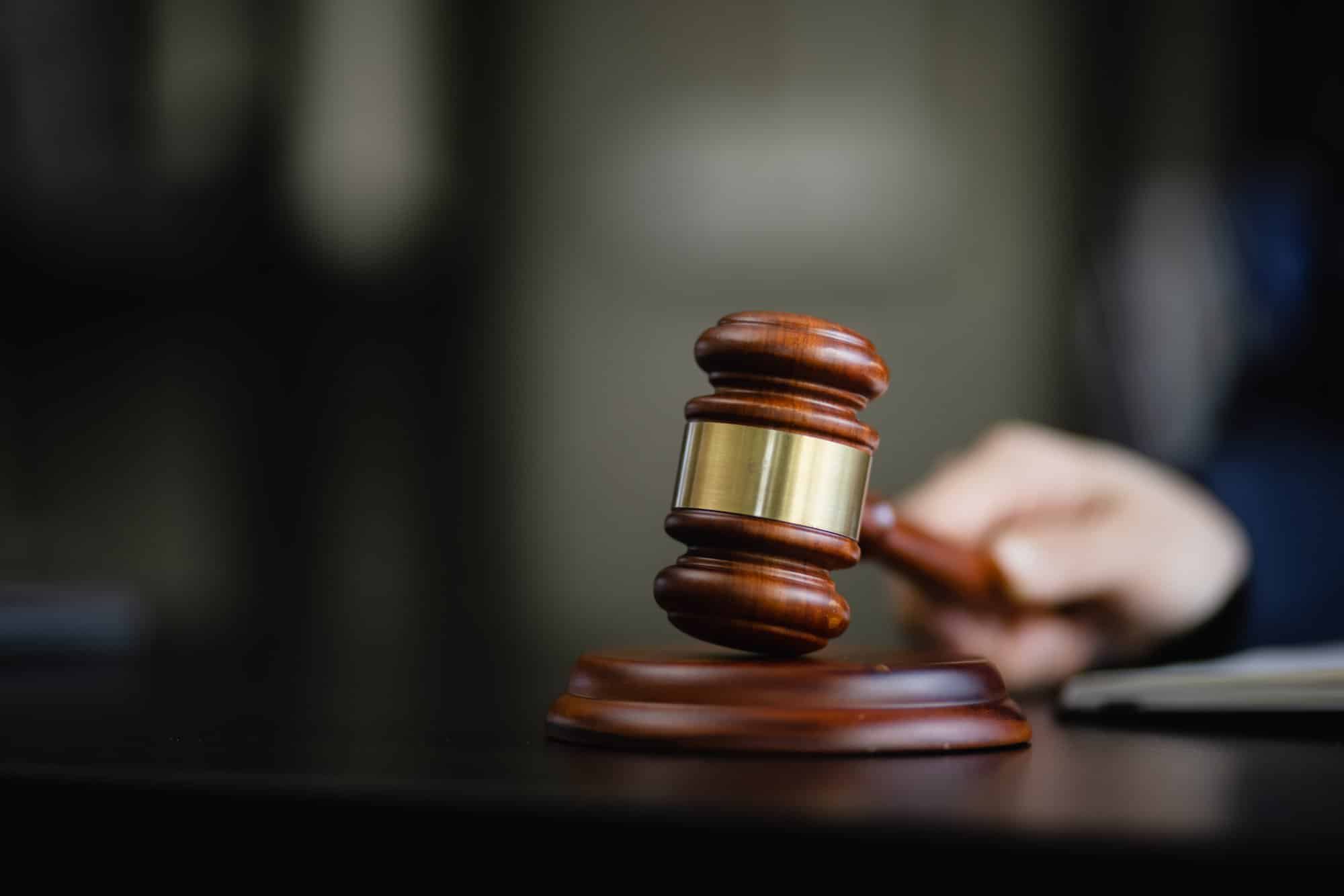The Fourth Amendment to the U.S. Constitution protects individuals from unlawful searches and seizures by law enforcement. As a general rule, before police can search your person, home, or vehicle, they must have probable cause for the search — and obtain a valid search warrant from the court. Failure to do so might constitute a violation of your Constitutional rights, and any evidence derived from the search may be excluded in your case. But it’s important to understand that there are certain situations where warrantless searches may be permitted under the law.
Searches Conducted Under Emergency Circumstances or in Hot Pursuit
Exigent circumstances can allow for warrantless searches. If the police believe there is a crime in progress, someone’s life is in danger, or evidence could be destroyed, they are permitted to enter a premises without first obtaining a warrant. However, they must be able to show they had probable cause that justified their need to act quickly. In addition, if the police are in hot pursuit of a suspect who enters onto private property, they do not need a search warrant to enter — even if the suspect has no connection with the owner of the property.
Searches Conducted Under the Plain View Doctrine
Police generally do not need to obtain a search warrant to seize any evidence that is in plain view. In order for law enforcement to satisfy the plain view exception to the Fourth Amendment, the officer must be legally allowed in the location where the contraband was observed and have a lawful right of access to the object. Additionally, the illegal nature of the object must be readily apparent. For instance, if the police have a warrant to enter your home for drugs, they can also seize any illegal weapons they observe in plain sight that they reasonably believe is contraband.
Searches Incident to Lawful Arrest
A search incident to a lawful arrest does not require a warrant. When you are arrested, the police have the right to search your person for weapons or contraband as a security measure. As part of a search incident to lawful arrest, they may also search any area that is within your grab and reach without first obtaining a warrant.
Consent Searches
Importantly, you have no obligation to comply with a police officer’s request to conduct a search. If you give your consent to the police to conduct the search, you have waived your right to a reasonable expectation of privacy — and they do not need a warrant. The consent exception also applies if another person has authority to consent to a search. For instance, consent to search a house can be obtained from a spouse or co-occupant.
Contact an Experienced New York Criminal Defense Attorney
If you were subjected to a warrantless search and an exception did not apply, your Constitutional rights may have been violated — and the evidence obtained may be inadmissible in court. It’s crucial to consult with a knowledgeable criminal defense attorney who can evaluate your case, create a solid defense strategy, and protect your rights every step of the way. The criminal defense attorneys at D’Emilia Law offer high-quality legal representation for those who are facing criminal charges and work to obtain the best possible results in every case. To schedule a consultation, contact us at 1-888-DEMILIA.

